Black seed oil is a type of cold-pressed oil. The black cumin oil is produced from the seeds of a plant in the Ranunculacea family. Black seed can also be found under different names. The oil from this plant has many properties. It has been used for centuries for medicinal and health purposes. Black seed oil has many active ingredients.
Using the properties of the herb can be helpful for many ailments, but it is not a substitute for specialized medical help. Black seed oil is best used after consulting a doctor, as it also has contraindications and side effects despite its many health benefits. Find out all about black seed oil and its contribution to herbal medicine.

The black seeds used for oil production are obtained from the Nigella sativa![]() plant. A different name for the seed is also black cumin. The plant is an annual herb used pharmacologically throughout the world. The medicinal plant N. sativa is used to treat various diseases.
plant. A different name for the seed is also black cumin. The plant is an annual herb used pharmacologically throughout the world. The medicinal plant N. sativa is used to treat various diseases.
A lot of research has been done on black seed, and many benefits have been noted that can be derived from it. The health benefits of black cumin oil are due to the active ingredients, especially thymoquinone (TQ)![]() , to which most of the herb's actions are attributed. The benefits of black seed oil include:
, to which most of the herb's actions are attributed. The benefits of black seed oil include:
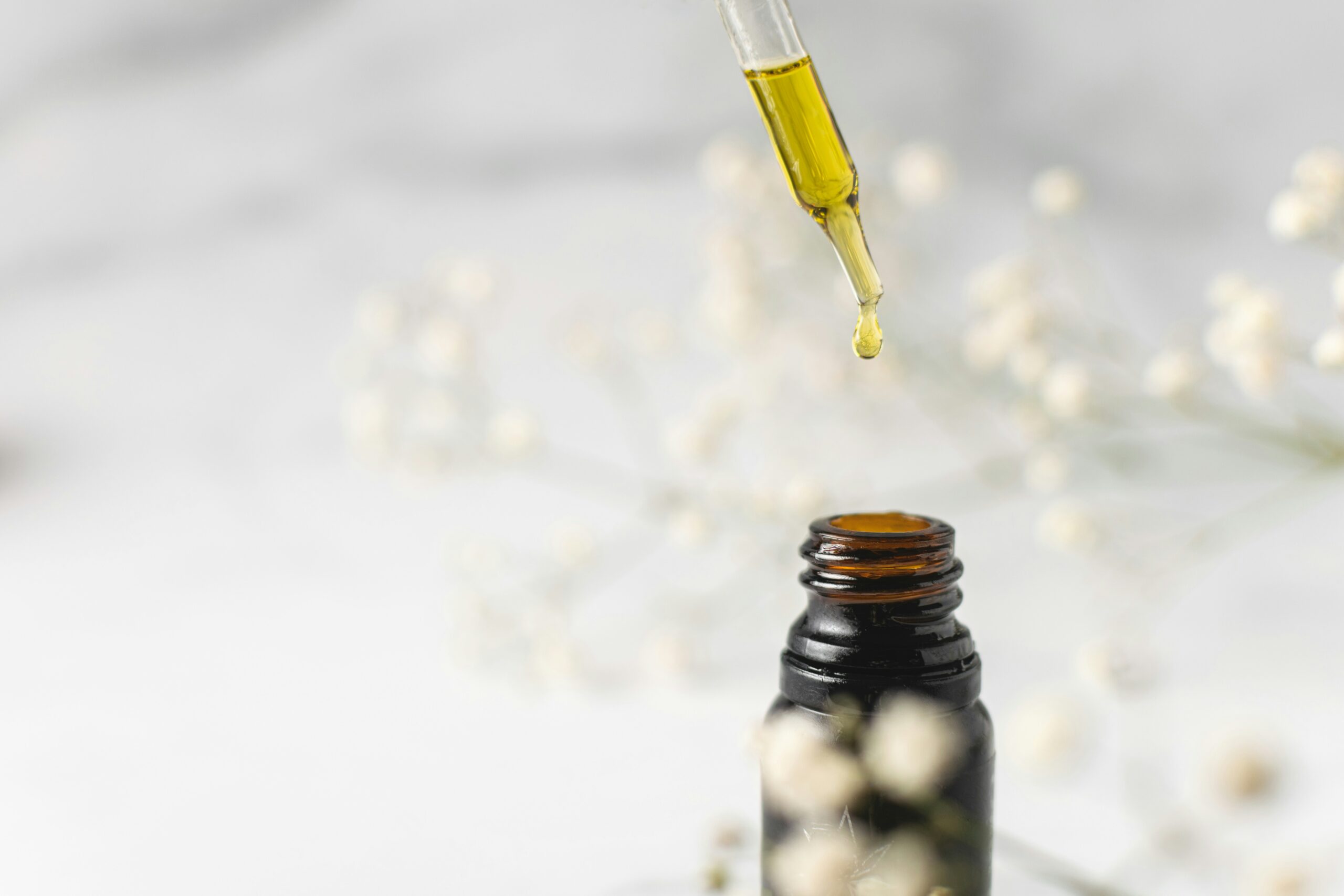
Doctors knew the properties of black seeds hundreds of years ago and used this plant in toothache situations. Today, some studies also point to the plant's analgesic effect. The analgesic effect is shown when the oil is used topically. Research results have shown that black seed oil can also inhibit the progression of neuropathic pain.
Antioxidants are unique chemical compounds with an unusual task. The main task of substances is to neutralize free oxygen radicals. Free radicals are particles that accelerate the aging process and increase the disease risk. So, black seed oil's antioxidant activity has a protective and anticancer effect. Studies have confirmed that high levels of natural antioxidants![]() can be obtained from black seed oil.
can be obtained from black seed oil.
Black seeds are traditionally used to treat various conditions. Thanks to their antitussive effect, they treat diseases with coughing symptoms![]() , such as bronchitis and multiple infections. Essential oils from black seeds dilate the bronchi, and what it does is help them work. In addition, they dilute lingering secretions and have expectorant properties.
, such as bronchitis and multiple infections. Essential oils from black seeds dilate the bronchi, and what it does is help them work. In addition, they dilute lingering secretions and have expectorant properties.
Immunomodulation is the strengthening of immunity and the body's repair activities to improve the function of an immature or malfunctioning immune system. Black seed oil will enhance the functioning of the immune system. N. sativa and its components modulate immunomodulatory mediators, including immunoglobulin levels. Studies have shown that the bioactive components of black seeds can be a beneficial therapy for disorders associated with immune dysregulation.
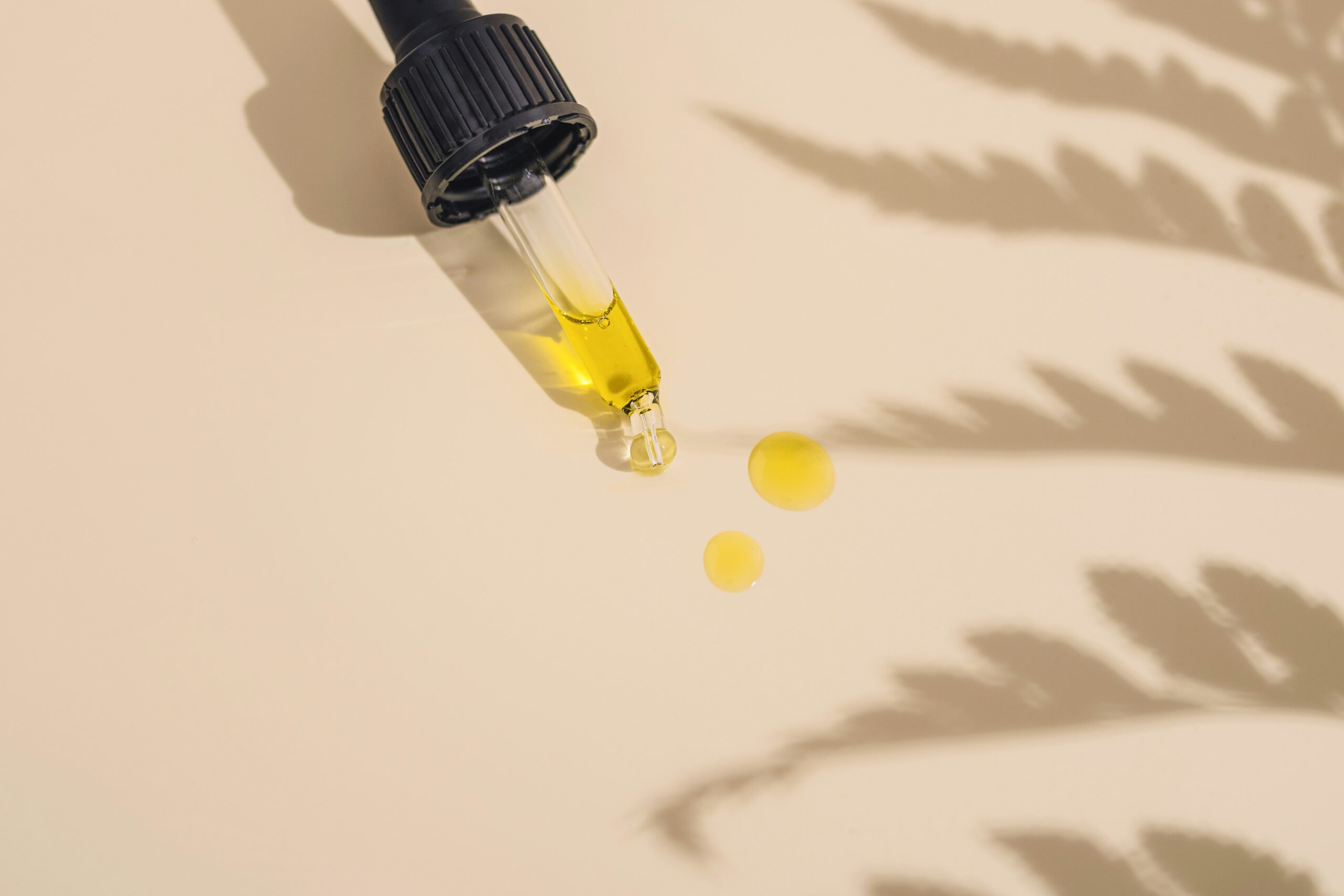
Diabetes is a common metabolic disease in which herbs are often used to aid treatment. In a study, specialists noted that Nigella sativa influenced the hyperglycemic parameters in people with type 2 diabetes. The results of these black cumin studies allow us to conclude that black seeds can be used supportively along with oral antidiabetic drugs to control diabetes. Black seed oil may also be beneficial for people with insulin resistance![]() .
.
Black seed oil is used medicinally for various inflammatory conditions. Among other things, black seed has been used to treat people with generalized inflammation. Black seeds can also treat the inflammatory condition of gout due to their action of lowering the amount of uric acid in the blood. Black seed and products prepared from it are also used for upper respiratory tract inflammation and other infections. In addition, black seeds have an antipyretic effect![]() , essential in treating various diseases.
, essential in treating various diseases.
Research on black seeds is promising for the plant's use in antimicrobial goals. Black seeds may exhibit activity against some antibiotic-resistant bacteria, which may help treat complicated infections. Nigella sativa also exhibits antiparasitic and antifungal activity. The wide range of health benefits can, therefore, be used for many conditions.
Spasmolytic action refers to a spasmolytic effect, which can be helpful in various conditions. Preparations with a spasmolytic effect directly affect the smooth muscles in the genitourinary and gastrointestinal tract. As such, black seed oil can be used in relieving spasm-related disorders.

Black cumin also has hepatoprotective benefits, which means that the product protects the liver from toxic agents. Liver toxic factors include alcohol, among others. Black seed oil has the effect of supporting the integrity of hepatocyte cell membranes and promoting liver cell regeneration. Hepatoprotective properties are mainly directed at silybin, whose mechanism involves stabilizing liver cell membranes and blocking the cell surface for toxins.
Nephroprotection, in short, means protecting the kidneys' work and condition. Black cumin oil has been shown to have nephroprotective effects, albeit during the use of certain medications. Using black seeds can produce a more substantial protective effect on the kidneys. Studies have noted visible changes in serum urea and uric acid results.
Another beneficial effect of black seeds is neuronal protection. Studies have noted that the bioactive component thymoquinone protects against neurotoxicity. The neuroprotective effect is a significant benefit, as it shows that black seeds can benefit, along with other therapies, in neurodegenerative disorders, including Parkinson's disease![]() .
.
Black cumin is readily used around the world for its many health benefits. It is also used for medicinal therapies and disease prevention. Nigella sativa seeds contain solid and essential oils. The plant also contains alkaloids![]() and flavonoids
and flavonoids![]() . The black seeds' volatile oils and essential oils can be used in various ways.
. The black seeds' volatile oils and essential oils can be used in various ways.
Black seed oil can be brought into the diet and consumed directly or with food or beverages. However, choosing the right type of black seed oil for consumption is essential. When selecting black cumin oil, make sure it is unrefined and cold-pressed. Store it at a low temperature so it does not lose its nutritional value.
The taste of the oil is peculiar, so not everybody will like it. Therefore, add it to fruit juice or use it as a salad topping. It is best to drink it before meals. You can also use black seed oil in capsule type. Children can also consume this vegetable oil. However, it is advisable to consult a doctor about taking the oil before including the product in the diet.

Black cumin oil can also be applied topically to various areas. People use black seed oil on the skin, so it reduces the occurrence of inflammation and blackheads, cleanses the skin, has an antibacterial effect, and regulates the sebaceous glands. Therefore, black seed oil is recommended for people with acne.
In addition, the oil can be used on the hair or as an additive to hair masks. Regular use of black cumin oil will help improve the condition of the hair. Hair will become more robust thanks to oiling. Black cumin oil applied to the hair also prevents premature graying.

The practical effect of black seed oil is demonstrated by inhalation, especially in allergies. An infusion for inhalation can be prepared by combining a small amount of nigella essential oil with warm water. Remember that the water must not boil because the black seeds lose their valuable properties. The essential oils in black seed oil also inhibit contraction of the upper respiratory tract. Inhalations from black seeds help reduce asthma symptoms and reduce the presence of secretions.
Nigella sativa has great health potential because of the ingredients its seeds contain. N. sativa seed oil contains bioactive components and nutrients. Many compounds have been isolated from the plant. The nutrients of N. sativa include:
Nigella seeds are caloric and contain carbohydrates. However, nigella oil is devoid of carbohydrates. Oils consist mainly of various types of fats. The black seed oil also contains no sugars.
Black seeds contain a high content of dietary fiber. Therefore, you will also find soluble and insoluble fiber in black cumin oil. It follows that black cumin oil can positively affect the digestive system.
Nigella seeds are also a source of protein. Consuming black seed can provide some protein. However, you will no longer find protein in black seed oil. As a result of the manufacturing process, the oil does not extract all the nutritional value of the Nigella sativa plant.
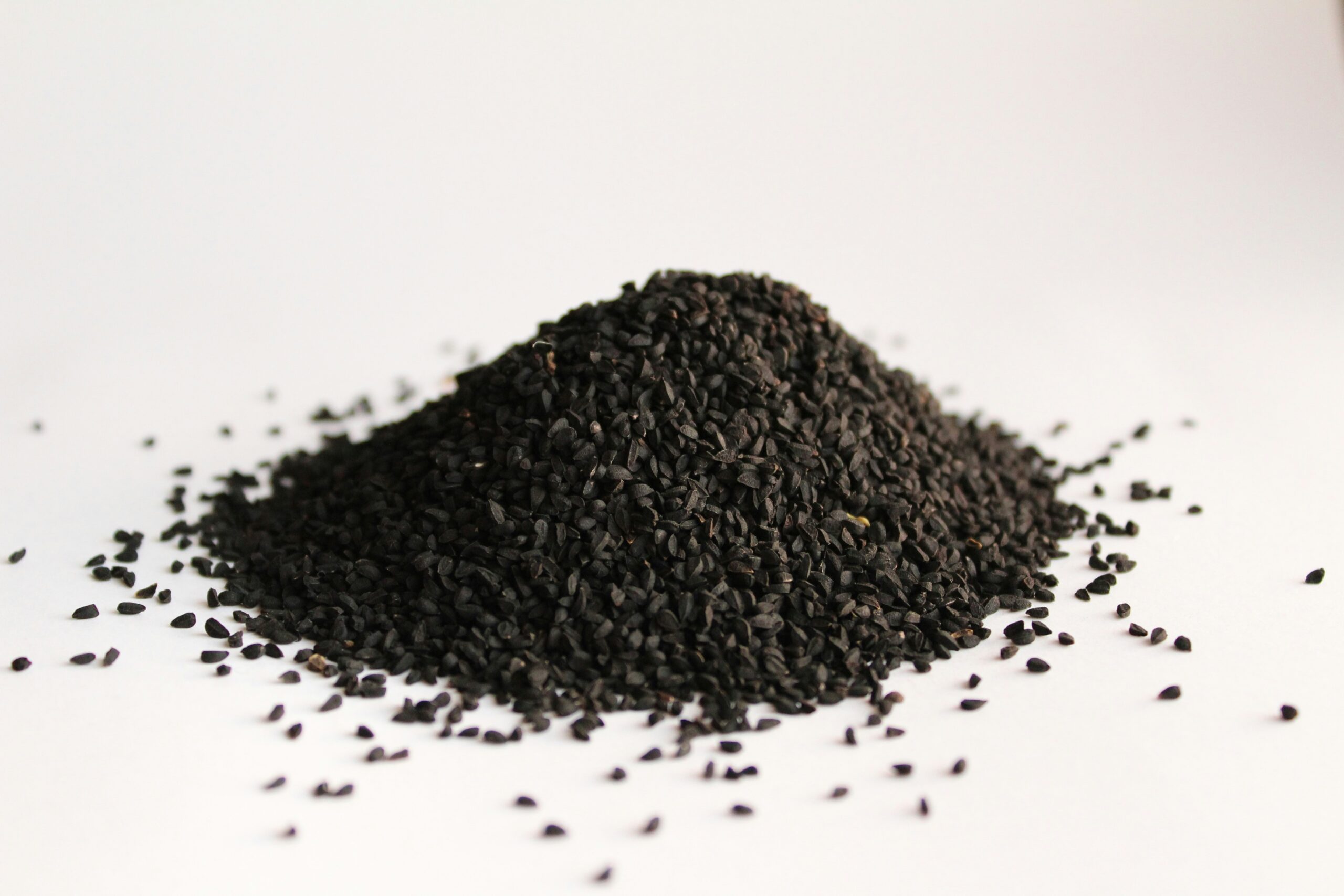
Black seed oil consists mainly of various types of fats. Among other things, the oil contains a high content of unsaturated fatty acids. These include linolenic acid, arachidonic acid and eicosadienoic acid. In contrast, saturated fatty acids include stearic, myristic, and palmitic acids. Nigella oil contains omega-3![]() and omega-6
and omega-6![]() fatty acids, which benefit health.
fatty acids, which benefit health.
You can also find nutrients such as zinc, phosphorus, copper, and calcium in black seed oil. Black cumin oil contains iron![]() , which is essential in protecting against anemia. In addition, black cumin oil also contains compounds that promote iron absorption from food. Several studies have shown that regular use of black cumin oil raised hemoglobin and erythrocyte levels in the blood.
, which is essential in protecting against anemia. In addition, black cumin oil also contains compounds that promote iron absorption from food. Several studies have shown that regular use of black cumin oil raised hemoglobin and erythrocyte levels in the blood.
In addition to minerals, black cumin oil also contains vitamins. These include thiamine![]() , niacin
, niacin![]() , and folic acid
, and folic acid![]() , among others. Vitamin B1, or thiamine, is essential in the daily diet, as it affects the work of various body systems and exhibits antioxidant properties. On the other hand, niacin or vitamin B3 is, among other things, essential for the proper functioning of the brain. Folic acid, or vitamin B9, is critical to the body's functioning. For example, it helps in the appropriate production of blood.
, among others. Vitamin B1, or thiamine, is essential in the daily diet, as it affects the work of various body systems and exhibits antioxidant properties. On the other hand, niacin or vitamin B3 is, among other things, essential for the proper functioning of the brain. Folic acid, or vitamin B9, is critical to the body's functioning. For example, it helps in the appropriate production of blood.
Black cumin oil has numerous health benefits. The seeds of the plant have a deficient level of toxicity. The use of the oil is recommended for many conditions and diseases. However, not everybody should use black seed products. Black cumin oil, like everybody's products, can cause side effects. It may also be inadvisable for some people. Groups that are at risk of adverse effects from black seed oil include:

Pregnancy is a particular condition that requires special care in terms of health. Pregnant women must, therefore, be careful about what products they use and what diet they follow. Taking various ingredients can have a significant impact on the development of the fetus. Studies on black seed oil are inconclusive. Indeed, black seeds can affect the mother and fetus's neuroprotection. However, great caution is advised, as large doses of black cumin herb can have adverse effects on pregnancy, such as complete pregnancy loss![]() . Therefore, using any herb during pregnancy should be consulted with a doctor.
. Therefore, using any herb during pregnancy should be consulted with a doctor.
Every substance can cause an allergic reaction, including black seeds. Black seed oil is often used for anti-allergic goals. However, the product can also be an allergen. Especially when the oil is applied topically, the product can cause an allergic rash. Therefore, it is advisable to be cautious when applying black cumin oil to the skin or hair. If you use the oil this way, apply a small amount to the skin and observe the body's reaction. If you use the oil orally, you may also experience side effects such as nausea, abdominal pain, or diarrhea.
If you are taking any medications, combining them with different substances may carry risks. A drug interaction can increase toxic effects or decrease the drug's therapeutic effectiveness. Black seeds can have pharmacokinetic interactions with concurrently administered drugs. Therefore, we recommend that everybody with new supplements, including black cumin oil, first consult their doctor.
The black cumin oil is produced from the seeds of a plant in the Ranunculacea family. Black seed oil is a unique product known for its many health benefits. The oil can be used as an adjunct to ongoing therapies and for protective purposes. N. sativa oil can be used in various ways, depending on your needs. The seeds of the plant have a deficient level of toxicity. However, not everybody should use black seed products. We recommend seeking medical advice before use.
Table of Contents
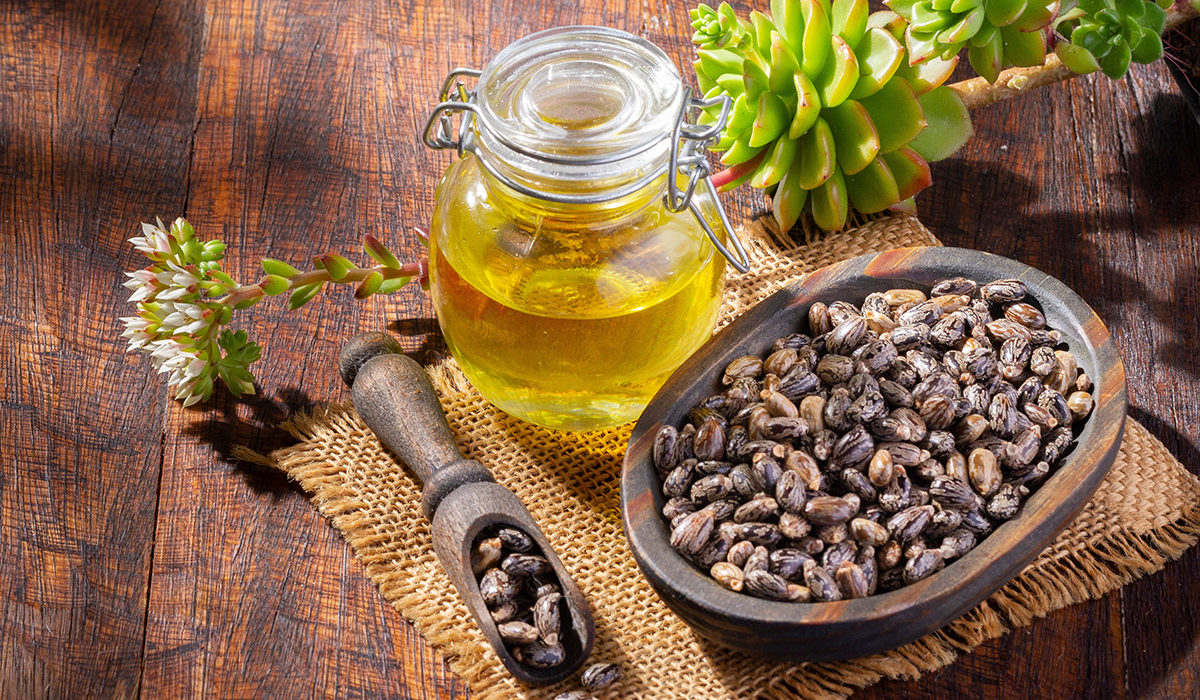
Castor oil has many benefits. It is used as a cosmetic as well as a dietary supplement. Find out how… read more »

Jicama is a vegetable that offers various health benefits. Let's explore the nutrients present in jicama and discover some simple… read more »

Agave has numerous health benefits. The popular agave syrup is considered a good substitute for sugar. But is it? Find… read more »
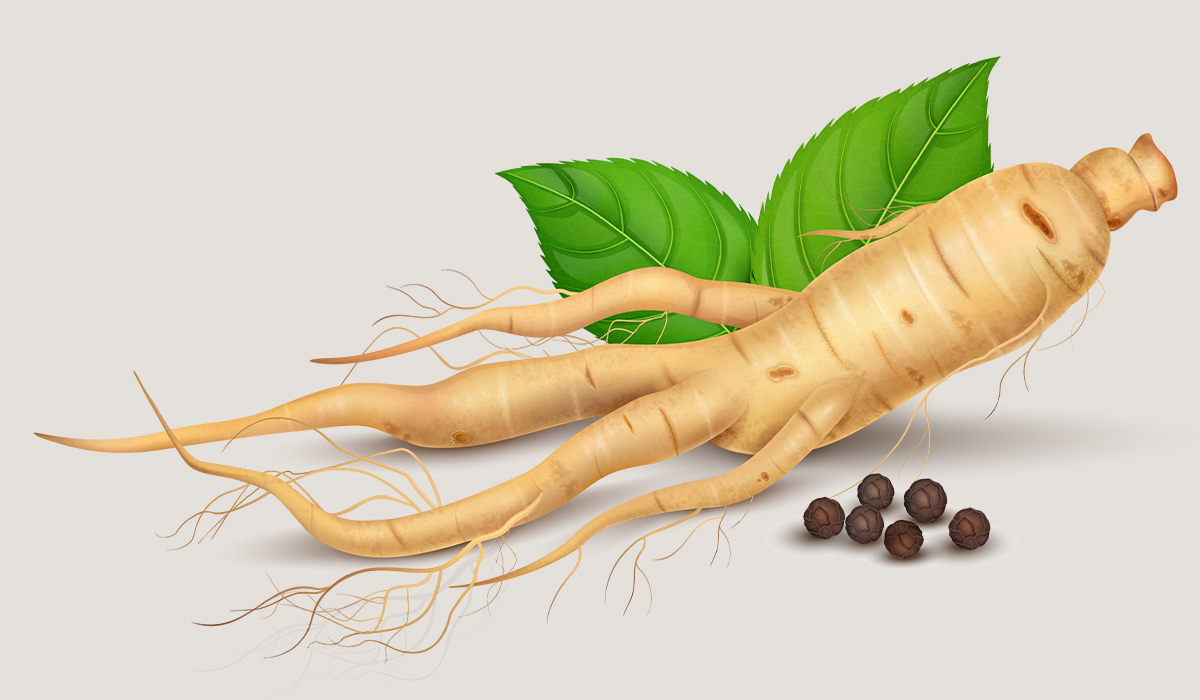
Ginseng is a plant that has been used in Chinese medicine for thousands of years. Today, the plant is still… read more »

Black mold is a type of fungus that thrives in damp and humid environments. Is it dangerous for health? read more »

Pumpkin is a popular plant that has benefited people for years. Find out how pumpkin affects health and its calorie… read more »

The Black Death is the name given to the plague epidemic. Today, the disease is less of a threat, but… read more »

Papaya, a fruit cherished for its flavor and health benefits, offers a variety of culinary options for incorporating it into… read more »

Lactic acid is an organic chemical compound used in various industries. Lactic acid bacilli are essential for health. Learn more… read more »